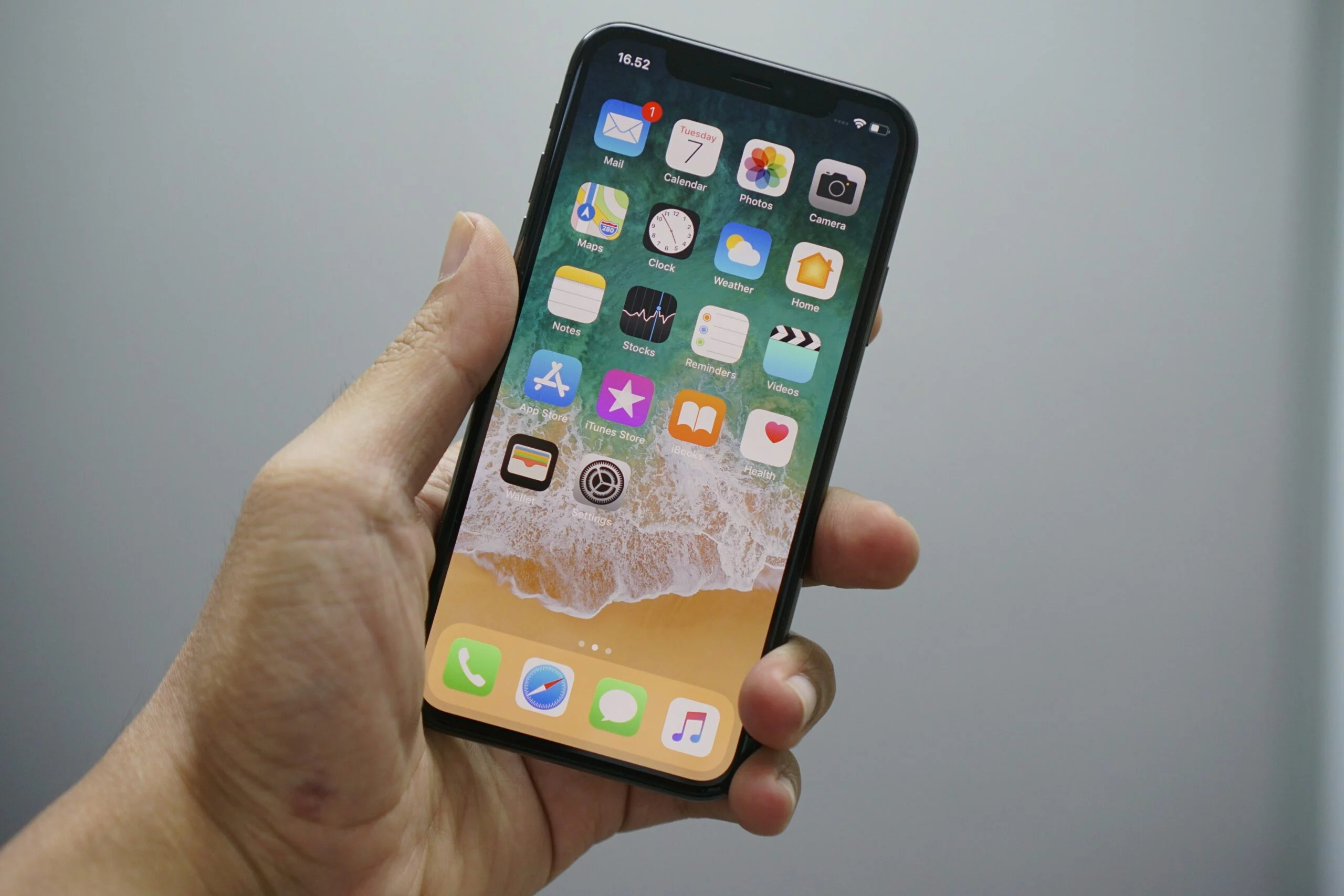Coping with diabetes can be difficult, as it calls for constant tracking of blood glucose levels and careful consideration of dietary choices. The keto diet for diabetes, short for a ketogenic diet, has gained popularity recently as a potential solution for managing diabetes. This article will explore the powerful combination of the keto diet and diabetes, understanding how this dietary approach can help control blood sugar levels effectively.
Diabetic issues are a persistent condition impacting how your body procedures glucose, the primary energy source. There are two main sorts of diabetes mellitus: kind one and also kind 2. Kind 1 diabetic issues happen when the body fails to produce insulin, while type 2 diabetes results from insulin resistance, where the body’s cells do not respond adequately to insulin.

The Role of Insulin in Diabetes
It enables cells to remove sugar from the bloodstream, reducing blood sugar levels. For individuals with diabetes, the disrupted process Causes elevated blood sugar levels, which can have severe health consequences if not controlled.
Understanding the Keto Diet
The keto diet is a low-carbohydrate, high-fat, and moderate-protein eating plan. Upon significantly reducing carb intake and replacing it with healthy fats, the body enters a state known as ketosis, shifting from using glucose as its primary fuel source to burning fats for energy.
How the Keto Diet Works
When carbohydrates are limited, the body starts breaking down fats into ketones, an alternative energy source. This metabolic state, ketosis, not only aids in weight loss but also offers unique benefits in managing diabetes-related blood sugar levels.
Benefits of the Keto Diet for Diabetics
Ketogenic diets have shown promising results for people with diabetes. Some of its benefits include:
5.1. Improved Blood Sugar Control
A ketogenic diet helps stabilize blood sugar levels by reducing carb intake, leading to better diabetes management.
5.2. Weight Loss and Insulin Sensitivity
Weight loss resulting from the ketogenic diet can enhance insulin sensitivity, making the body more responsive to the hormone.
5.3. Reduced Dependency on Medication
With better blood sugar control, some individuals may experience reduced reliance on diabetes medications.
Impact on Blood Sugar Levels
One of the most significant advantages of the keto diet for diabetics is its positive impact on blood sugar levels. Minimize carb intake; there is less glucose to raise blood sugar levels, resulting in more stable readings.
Ketosis: The Key to Success
The state of ketosis is pivotal in the keto diet’s effectiveness. Understanding how to achieve and maintain ketosis is crucial for people with diabetes seeking to harness the full potential of this dietary approach.
Starting the Keto Diet with Diabetes
Before beginning the keto diet, people with diabetes must consult their healthcare provider. A gradual transition with proper monitoring is necessary to ensure a safe and successful start.
Meal Planning and Recipes for Diabetics on Keto

A well-planned keto meal can be delicious and beneficial for people with diabetes. Consideration of the right macronutrient balance and nutrient-dense foods is vital for optimal results.
Potential Risks and Precautions
While the keto diet offers numerous benefits, it may only suit some. Understanding potential risks and taking necessary precautions is essential for managing diabetes effectively.
Monitoring Progress and Adjustments
Monitoring blood sugar levels and other health markers is crucial for assessing the impact of the diet. Adjustments may be needed to achieve the desired results.
Exercising on the Keto Diet
Incorporating exercise into the daily routine complements the benefits of the keto diet. However, specific considerations should be to ensure safe and effective workouts for people with diabetes.
Success Stories: Real-Life Experiences
Hearing about real-life success stories from individuals who have effectively managed their diabetes with the keto diet can inspire and motivate others.
Common Myths and Misconceptions
As with any popular diet, the keto diet has its share of myths and misconceptions. Separating fact from fiction is essential for making informed decisions.
Embracing a Healthier Lifestyle
The keto diet can be a stepping stone towards a healthy lifestyle for people with diabetes. Adopting sustainable habits beyond diet can lead to long-term well-being.
Conclusion
The powerful duo of the keto diet and diabetes presents a promising approach to controlling blood sugar levels effectively. By understanding the principles of the ketogenic diet and tailoring it to individual needs, people with diabetes can embark on a journey towards better health and improved diabetes management.
FAQs
Is the keto diet suitable for all types of diabetes?
The keto diet may benefit type 2 diabetes but should be a better approach for type 1 diabetes. Consultation with a healthcare provider is crucial.
Can the keto diet cure diabetes?
While the keto diet can help manage diabetes, it is not a cure. It can, however, lead to better blood sugar control and potential reductions in medication.
Are there any side effects of the keto diet for diabetics?
The ketogenic can cause side effects such as the “keto flu” during the initial phase, but they are usually temporary. Proper hydration and electrolyte balance can help mitigate these effects.
How long does it take to see results with the keto diet for diabetes?
Individual results may vary, but some individuals notice improvements in blood sugar levels and weight within a few weeks of starting the ketogenic diet.
Should I continue taking diabetes medication while on the keto diet?
Do not stop or alter diabetes medication without consulting your healthcare provider. Blood sugar levels should be close monitored, and medication adjustments should make under medical supervision.










